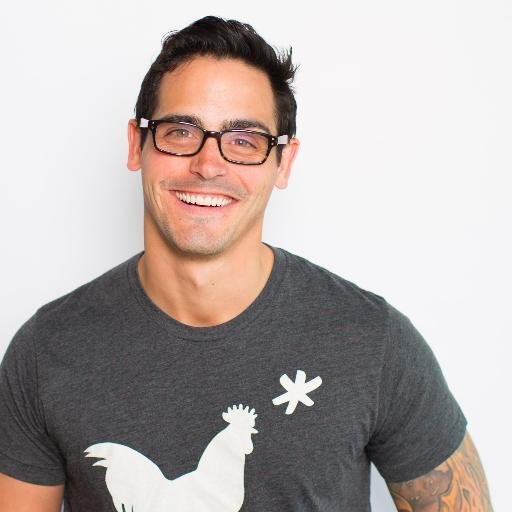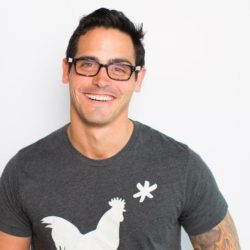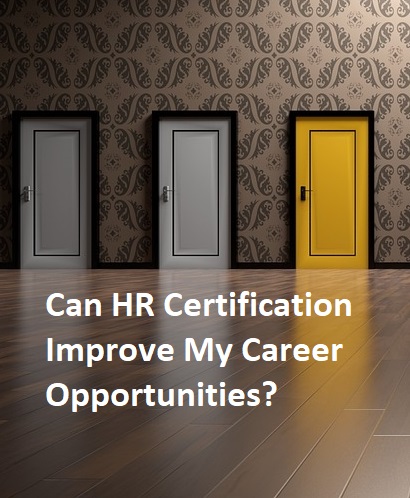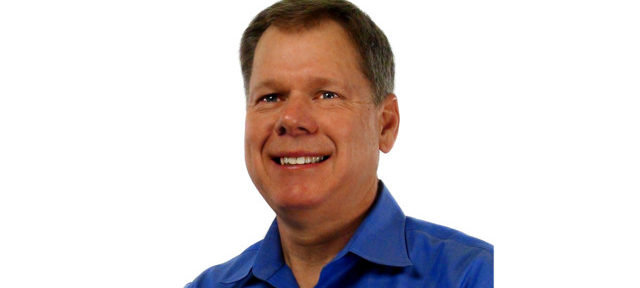Last week I received an interesting question that echoed what I’ve seen from dozens of people around the new year:
I came across this discussion while trying to formulate an argument supporting the value and credibility of the SHRM-CP credential.
I have years years of HR experience and about five years ago, I started looking at HRCI and the PHR certification. Eventually, I hit the experience AND degree requirements to take the PHR, but decided to go with the certification offered by SHRM, thinking that a credential offered directly by the society would hold equal if not more weight.
My immediate supervisor is PHR credentialed. When I announced that I had earned my SHRM-CP credential, the response was underwhelming and I was left with the impression that they are not convinced that it is on par with the PHR credential.
We are in the process of updating a Professional Development policy for our company and I'd really like to be able to present an argument for recognizing the SHRM-CP as equivalent to the PHR. I've done a bit of looking online, but have yet to see anything that clearly compares the two credentials.
Over the last few years, the piece I wrote about the PHR vs the SHRM-CP certifications has been seen hundreds of thousands of times. I’ve had dozens of comments and questions from people, and over time my thoughts have changed a bit and have become more clear. Plus, some of the actions of the certifying bodies themselves are changing how I view the world. First, let’s address the question at hand.




 For most employers, this means that retention is going to be more important this year than ever before, and this is especially true for employers where turnover in customer-facing roles leads to critical gaps in coverage, performance, and service. We need to be asking ourselves how we can treat the people we hire in such a way that we actually improve their lives. It’s about more than just offering them a paycheck in so many ways.
For most employers, this means that retention is going to be more important this year than ever before, and this is especially true for employers where turnover in customer-facing roles leads to critical gaps in coverage, performance, and service. We need to be asking ourselves how we can treat the people we hire in such a way that we actually improve their lives. It’s about more than just offering them a paycheck in so many ways.
 The onboarding process can be one of the most overlooked areas for organizations needing a quick win in the overall
The onboarding process can be one of the most overlooked areas for organizations needing a quick win in the overall  HR certification questions are often seen as pretty binary: either I get one or I don’t. But in reality there’s a lot of nuance to the decision. Should I get an
HR certification questions are often seen as pretty binary: either I get one or I don’t. But in reality there’s a lot of nuance to the decision. Should I get an 
